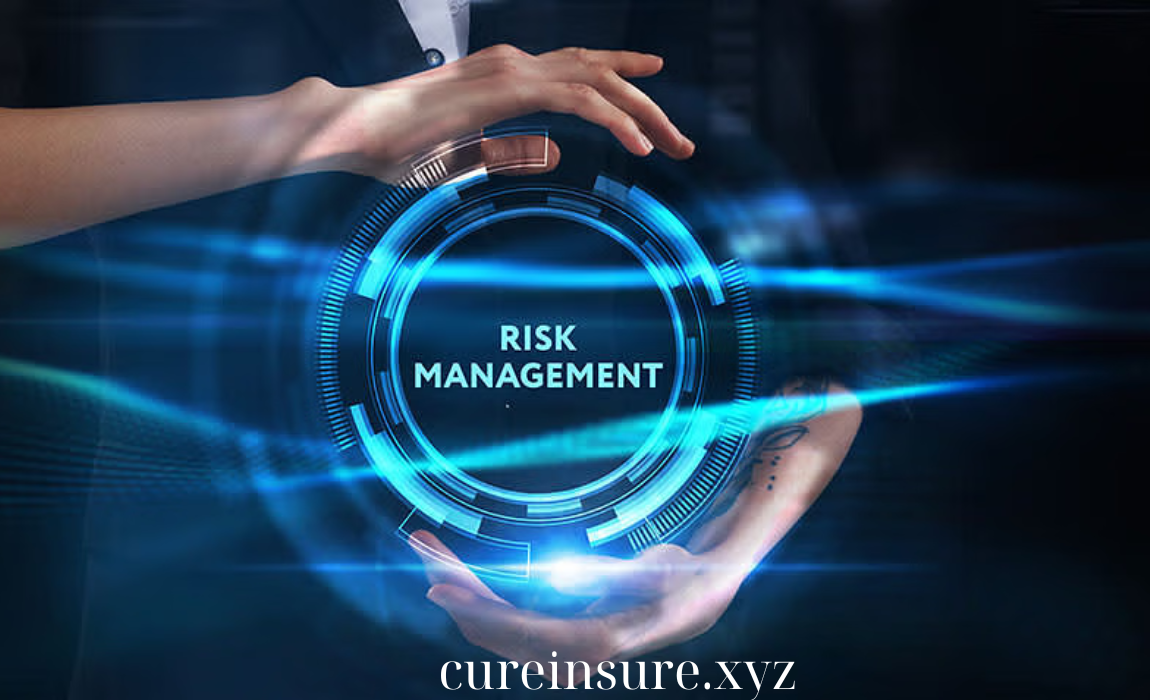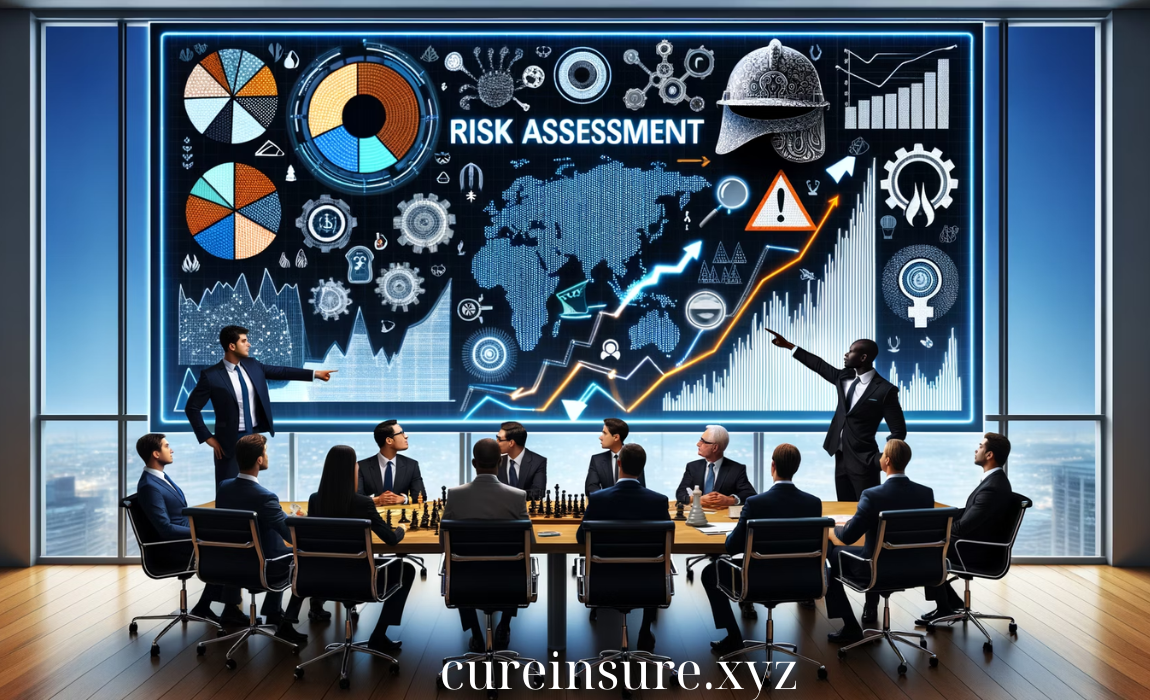In today’s complex business landscape, risk management has become a critical function for organizations across industries. As companies face increasing uncertainties from market fluctuations, regulatory changes, cybersecurity threats, and global events, the demand for skilled risk management professionals has surged. Earning a risk management certification can significantly enhance your professional credentials, improve your skills, and open doors to career advancement opportunities.
This article explores some of the top risk management certification programs, detailing their benefits, eligibility criteria, and how they can contribute to your career growth.
Why Pursue a Risk Management Certification?
A certification in risk management demonstrates your expertise in identifying, assessing, and mitigating risks. It helps you stay updated on best practices, emerging trends, and regulatory requirements. By obtaining a certification, you can:
- Increase your marketability: Certification validates your skills and sets you apart from competitors in the job market.
- Expand career opportunities: Certified professionals are sought after for roles in industries such as finance, insurance, healthcare, technology, and consulting.
- Enhance your skills: You’ll gain in-depth knowledge of frameworks, tools, and techniques used in risk management, enabling you to handle complex challenges effectively.
- Boost your earning potential: Certifications can lead to higher salaries and leadership positions.
Now, let’s explore the top risk management certification programs available today.
1. Certified Risk Management Professional (CRMP)
The Certified Risk Management Professional (CRMP) is offered by the Risk and Insurance Management Society (RIMS) and is ideal for professionals who want to demonstrate their ability to manage organizational risk. This certification is widely recognized and focuses on practical skills that help individuals manage risk proactively.
- Eligibility: To qualify, candidates need at least three years of full-time professional risk management experience. A combination of risk management coursework and experience may also be considered.
- Key Topics Covered:
- Risk assessment and identification
- Risk response strategies
- Risk financing and transfer mechanisms
- Risk communication and reporting
- Benefits: The CRMP is globally recognized and gives professionals an edge in industries where risk management is critical. It also covers strategic risk management, making it valuable for those in leadership roles.
- Duration: The CRMP exam can be completed online, typically requiring around three months of preparation.
2. Certified in Risk and Information Systems Control (CRISC)
For professionals focusing on IT risk management, the Certified in Risk and Information Systems Control (CRISC) from ISACA is highly regarded. CRISC certifies your ability to identify, evaluate, and manage IT risks and develop appropriate controls.
- Eligibility: Candidates need at least three years of work experience in IT risk management or information systems control. The work experience must be within the CRISC domains, such as risk identification, risk response, and risk monitoring.
- Key Topics Covered:
- Risk identification, assessment, and evaluation
- IT risk response and mitigation
- Risk and control monitoring
- Information systems control design and implementation
- Benefits: CRISC is designed for IT professionals, risk analysts, and security managers, helping them advance in cybersecurity, governance, and compliance roles.
- Duration: Preparation can take up to six months, and the exam is administered at testing centers or online.
3. Financial Risk Manager (FRM)
The Financial Risk Manager (FRM) certification, offered by the Global Association of Risk Professionals (GARP), is tailored to individuals in finance, banking, and investment sectors. This certification is internationally recognized and focuses on managing risk within financial institutions.
- Eligibility: There are no formal education or work experience requirements to sit for the FRM exam. However, candidates typically have backgrounds in finance, accounting, economics, or related fields.
- Key Topics Covered:
- Market risk
- Credit risk
- Operational risk
- Risk models and valuation techniques
- Financial markets and products
- Benefits: FRM is highly respected in the financial industry, and it is ideal for those pursuing careers as financial analysts, risk consultants, or portfolio managers.
- Duration: The certification consists of two parts, each requiring significant study. Preparation for each part typically takes around 6 to 9 months.
4. Project Management Institute – Risk Management Professional (PMI-RMP)
The PMI-RMP certification from the Project Management Institute (PMI) is designed for professionals involved in project risk management. This certification validates the ability to identify and mitigate project risks, ensuring projects stay on track.
- Eligibility: Candidates with a high school diploma or equivalent need at least 4,500 hours of project risk management experience and 40 hours of risk management education. Those with a four-year degree need 3,000 hours of experience and 30 hours of education.
- Key Topics Covered:
- Risk strategy and planning
- Risk identification and assessment
- Risk response development and control
- Stakeholder risk engagement
- Benefits: PMI-RMP certification is ideal for project managers, risk specialists, and business analysts who want to advance their careers in project management and ensure project success through effective risk management.
- Duration: The exam requires around 2-3 months of preparation, depending on your level of experience and education.
5. Chartered Enterprise Risk Analyst (CERA)
The Chartered Enterprise Risk Analyst (CERA) is a globally recognized certification focusing on enterprise risk management (ERM). It is offered by the Society of Actuaries (SOA) and is suitable for professionals who wish to become experts in identifying, assessing, and managing enterprise-wide risks.
- Eligibility: The CERA certification is part of the SOA’s pathway for actuaries. Candidates typically need a background in actuarial science or a related field, along with passing a series of exams.
- Key Topics Covered:
- Risk management frameworks
- Enterprise risk modeling
- Economic capital and financial risks
- Operational risk management
- Strategic risk management
- Benefits: CERA is valuable for risk professionals working in insurance, finance, and corporate risk management, providing them with the skills to assess risks from an enterprise-wide perspective.
- Duration: This certification requires several exams and can take two to four years to complete, depending on the candidate’s background and study pace.
6. Certified Enterprise Risk Manager (CERM)
The Certified Enterprise Risk Manager (CERM), offered by the Enterprise Risk Management Academy (ERM Academy), focuses on enterprise risk management (ERM) across various industries. This certification is designed for senior professionals seeking to align risk management practices with strategic business goals.
- Eligibility: Candidates are required to have at least two years of experience in risk management or business administration.
- Key Topics Covered:
- ERM frameworks and strategies
- Risk assessment and control
- Governance and regulatory compliance
- Crisis management and business continuity
- Benefits: CERM is suited for professionals aspiring to C-suite roles and those looking to implement ERM practices at the organizational level.
- Duration: Depending on experience, preparation for the CERM exam can take 3 to 6 months.
7. Associate in Risk Management (ARM)
The Associate in Risk Management (ARM) certification, offered by The Institutes, is an entry-level risk management credential that covers the fundamentals of risk assessment and mitigation. It is designed for professionals starting in the risk management field or seeking to add risk management to their existing skill set.
- Eligibility: There are no formal prerequisites, making this certification accessible to anyone interested in risk management.
- Key Topics Covered:
- Risk assessment and management techniques
- Risk financing and insurance strategies
- Risk control measures
- Benefits: The ARM designation is a stepping stone for professionals who wish to pursue advanced certifications like CRMP or CERA. It’s ideal for insurance professionals, risk analysts, and safety officers.
- Duration: The ARM program consists of three courses, and each course typically takes 2 to 4 months to complete.
Conclusion: Which Certification Is Right for You?
Choosing the right risk management certification depends on your career goals, industry, and level of experience. Whether you are aiming to advance in financial risk management, IT risk control, or enterprise risk management, there is a certification tailored to your needs.
- If you are interested in project risk management, the PMI-RMP is a great choice.
- For those focused on finance, the FRM or CRMP offers in-depth coverage of financial risks.
- IT professionals should consider CRISC, while those looking to manage enterprise-wide risks may benefit from CERM or CERA.
Earning a risk management certification will not only expand your knowledge and skills but also enhance your career prospects, making you a sought-after expert in an increasingly risk-conscious business environment.



